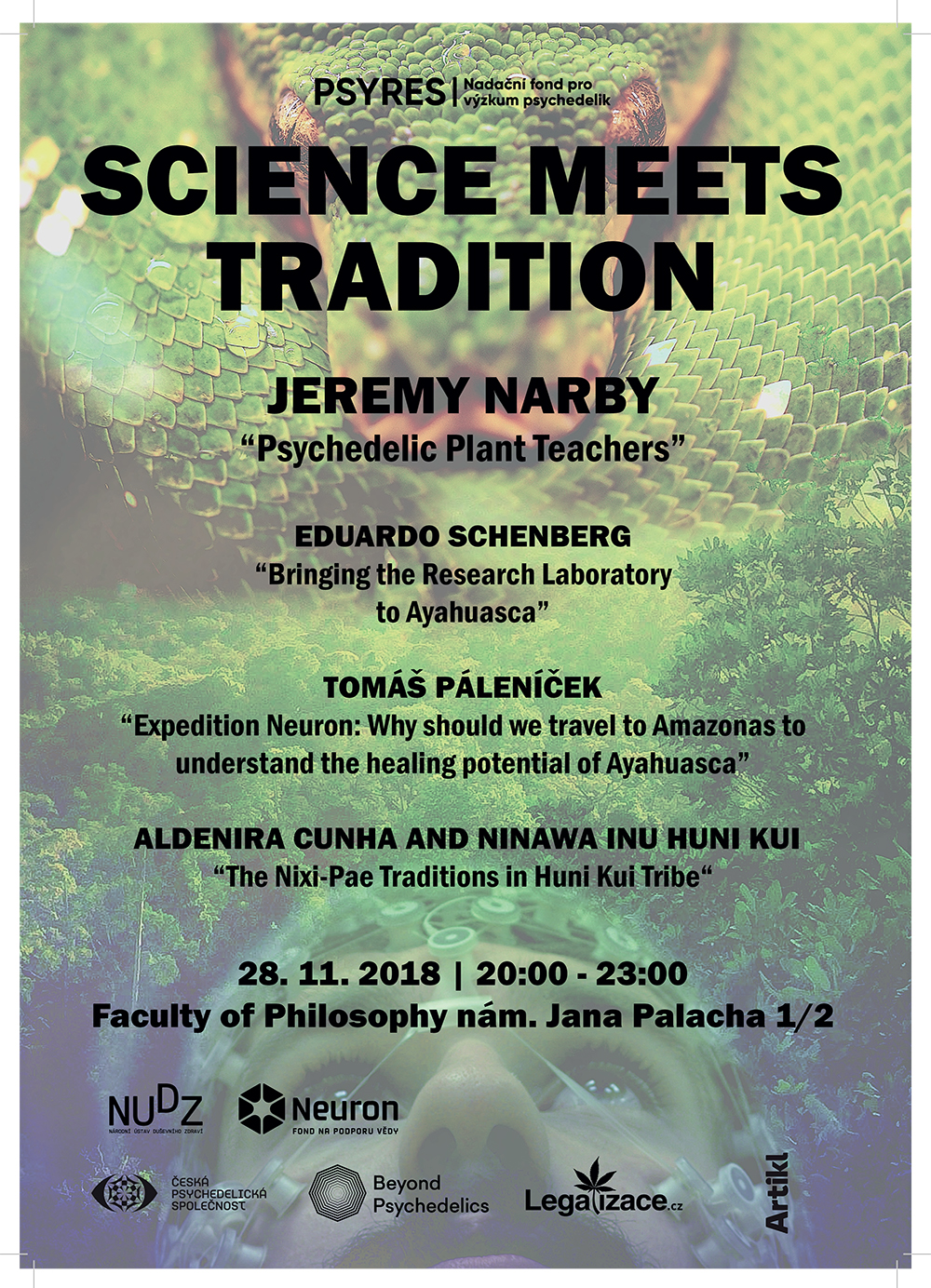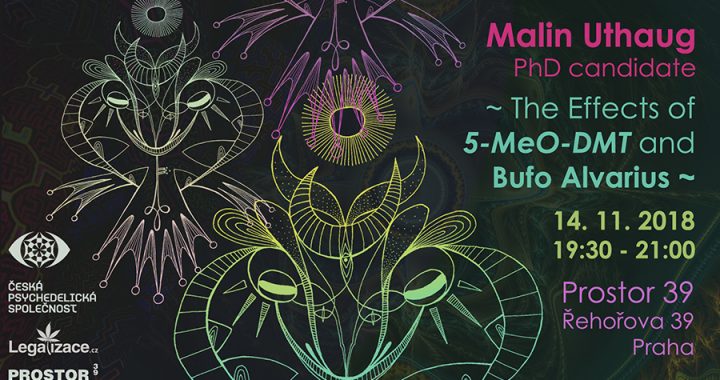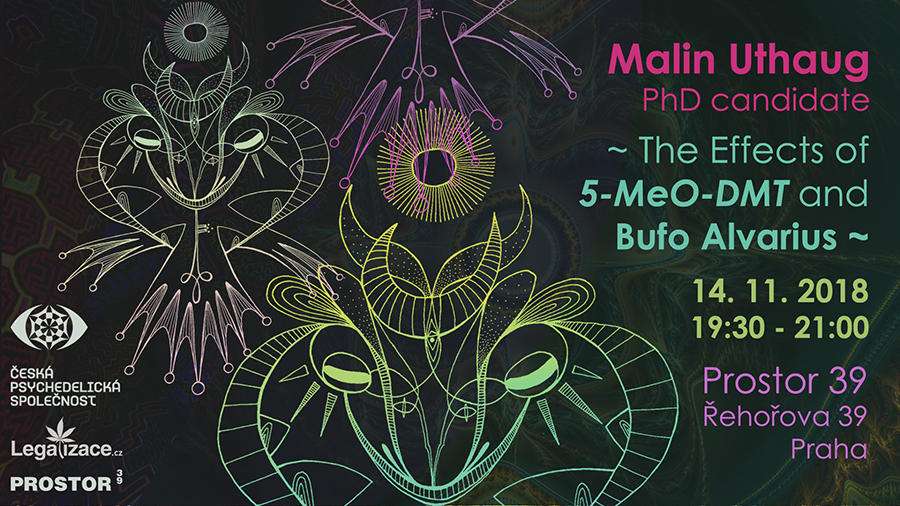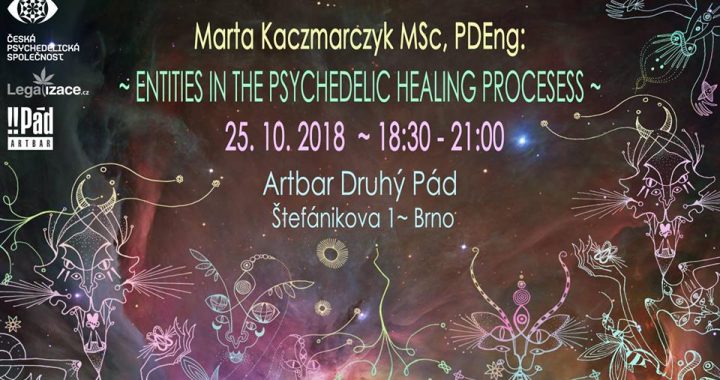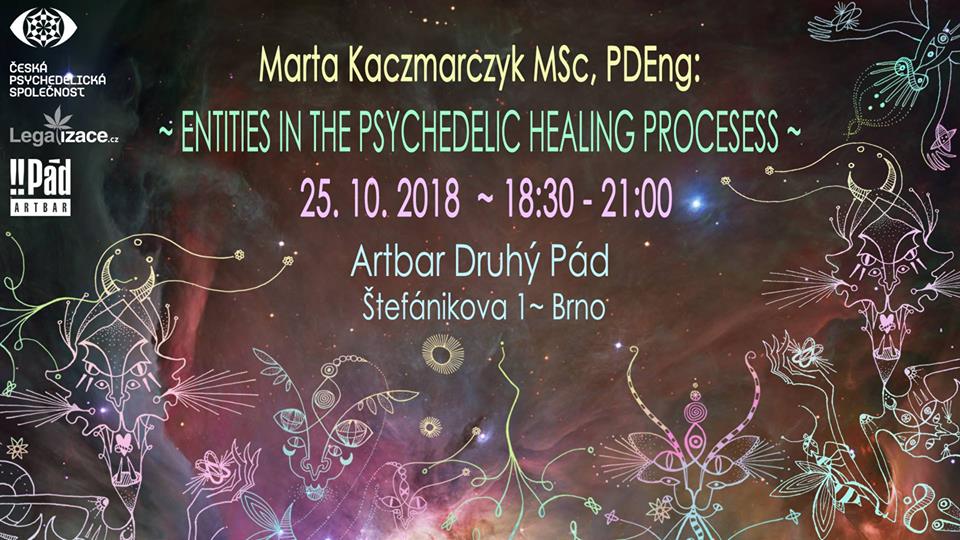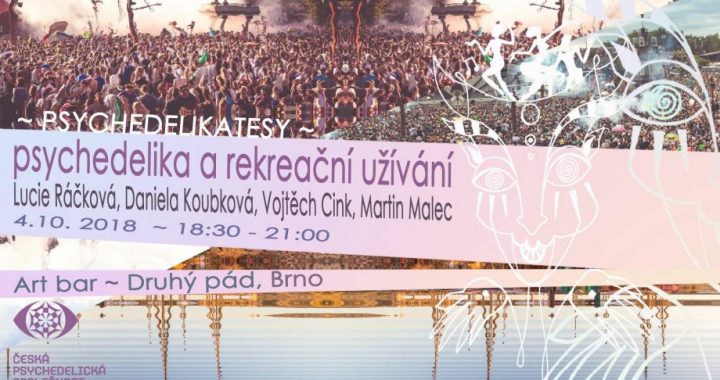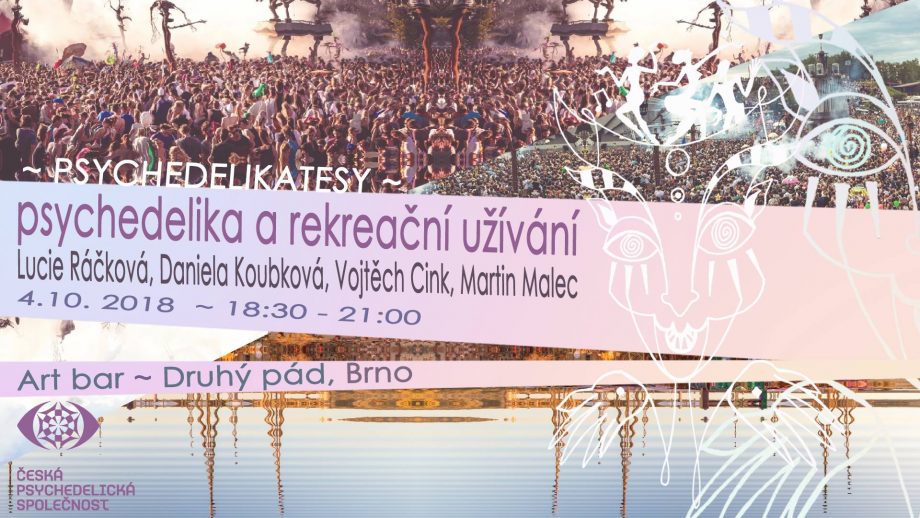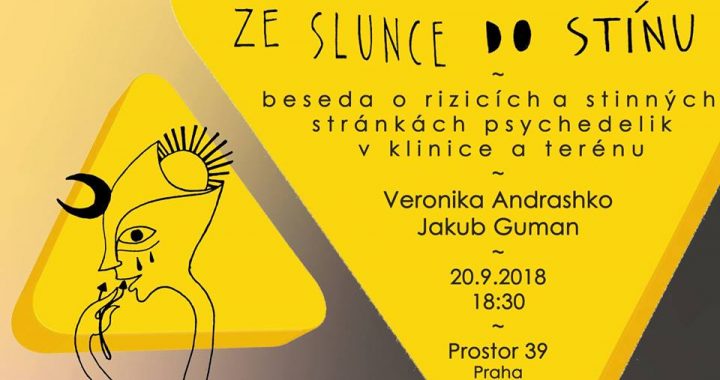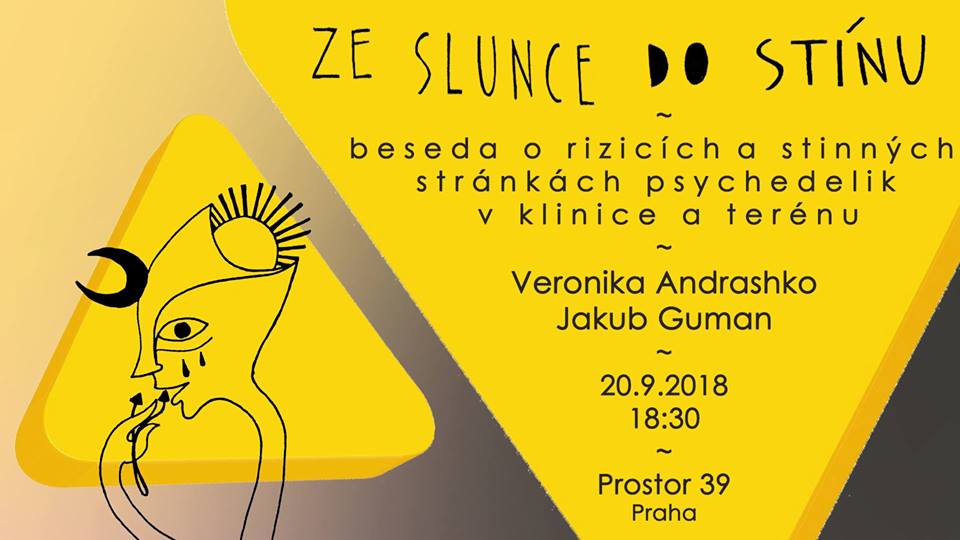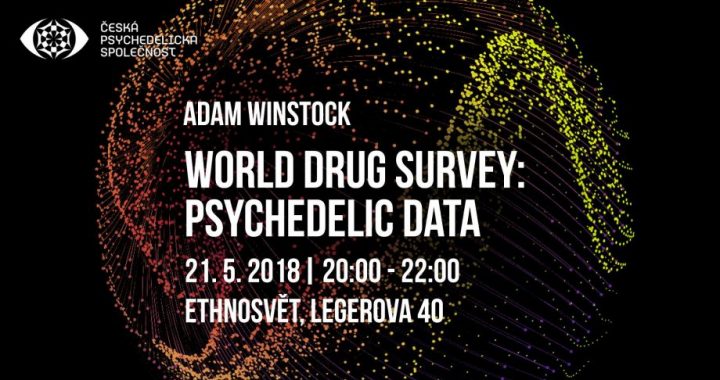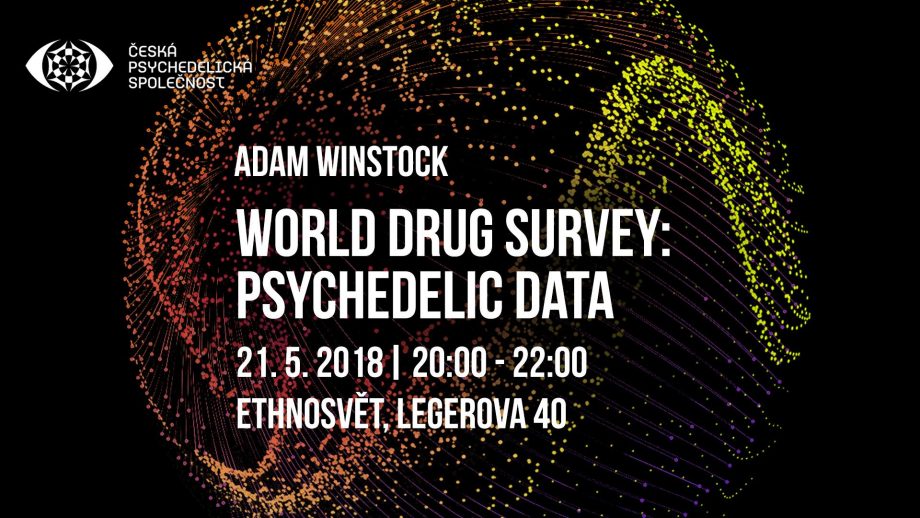___________________
English below
Co nám největší světový drogový průzkum může říct o mikrodávkování, nových psychedelických látkách, prvních zkušenostech s LSD a o tom, co z tripu dělá bad trip?
Global Drug Survey (GDS) se zabývá psychedeliky posledních 5 let. Na základě dat od více než půl milionu uživatelů se pokusím shrnout, jak lidé po celém světě užívají různá psychedelika, popíšu, jak se u jednotlivých drog liší vzorce užívání a akutní rizika, a uvedu běžně používané strategie pro snížení těchto rizik. Zaměřím se na jevy, jako je mikrodávkování, nové psychedelické látky a ceremoniální užití psychedelik. Na závěr budu mluvit o zjištěních ze vzorku českých uživatelů, kteří se zúčastnili průzkumu v roce 2018, a o tom, jak po celém světě probíhaly zkušenosti prvouživatelů LSD v roce 2017.
Prof. Adam R. Winstock, MBBS, BSc, MSc, MD, MRCP, MRCPsych, FAChAM
Adam Winstock je psychiatr specializující se na adiktologii. Působí jako čestný profesor v Institutu epidemiologie a zdravotní péče na University College London a má na kontě přes 120 publikací. Je zakladatelem a ředitelem projektu Global Drug Survey, největšího celosvětového průzkumu týkajícího se užívání drog. Navrhl také aplikace Drugs Meter (www.drugsmeter.com) a Drinks Meter (www.drinksmeter.com), které jsou zdarma k dispozici online nebo pro chytré telefony, a je autorem zásad pro bezpečnější užívání konopí, prvních svého druhu (www.saferuselimits.com)
Přednáška bude v AJ.
What the world’s largest drug survey can tell us about microdosing and novel psychedelics to losing your LSD virginity and what makes a trip bad?
GDS has been exploring psychedelics for the last 5 years. Using data from over half a million people I will give a global overview or how different psychedelics are being used across the globe. I will use the data to describe how patterns of use and the risks of acute harms vary across different drugs and will look at commonly adopted harm reduction strategies. I will focus on issues including microdosing, novel psychedelic drugs and the ceremonial use of psychedelics. Finally I will share some findings from the Czech sample from GDS2018 and explore how people lost their LSD virginity in 2017 across the world.
Professor Adam R Winstock MBBS, BSc, MSc, MD, MRCP, MRCPsych, FAChAM
Adam is a Consultant Addiction Psychiatrist and Addiction Medicine specialist based in London. He is Honorary Clinical Professor at the Institute of Epidemiolgy and Health Care, University College London. He has published over 120 papers. He is also founder and director of Global Drug Survey which runs the biggest drug survey in the world. He is also the architect of the free on line and smart phone apps the drugs meter www.drugsmeter.com and drinksmeter
www.drinksmeter.com and the world’s first safer use cannabis guidelines at www.saferuselimits.co
The talk will be held in English.
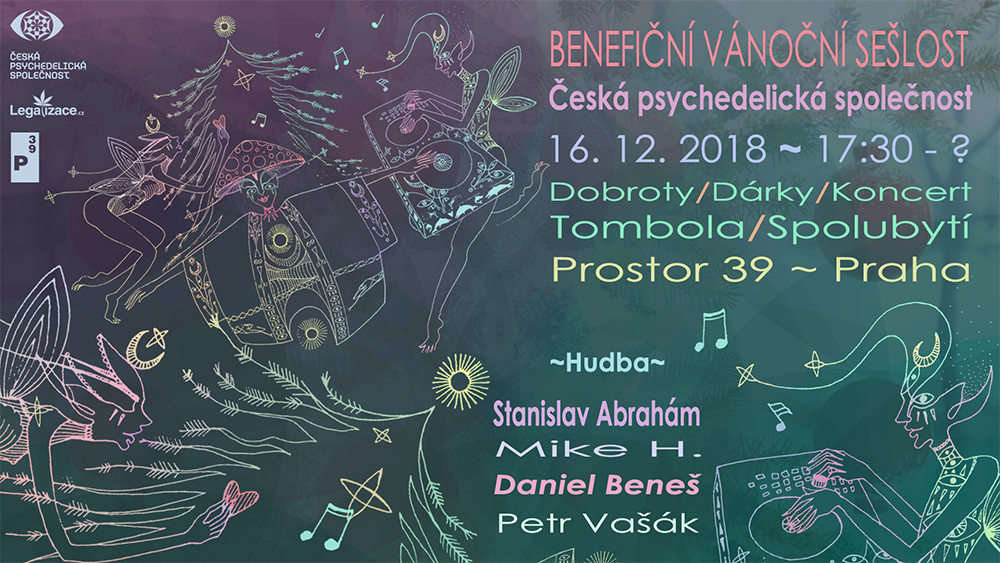
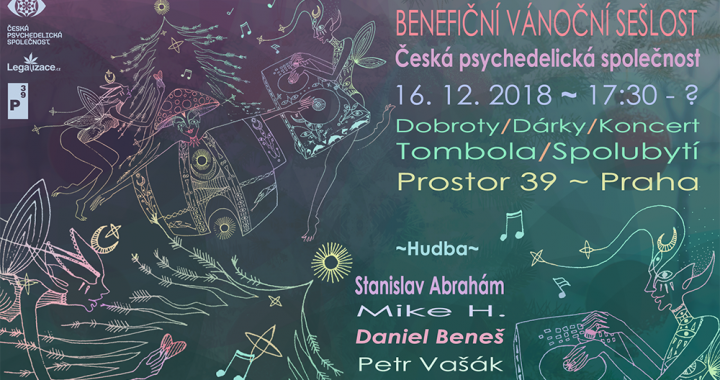
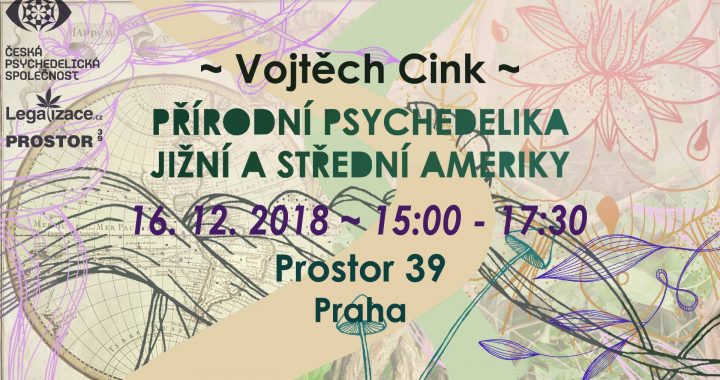
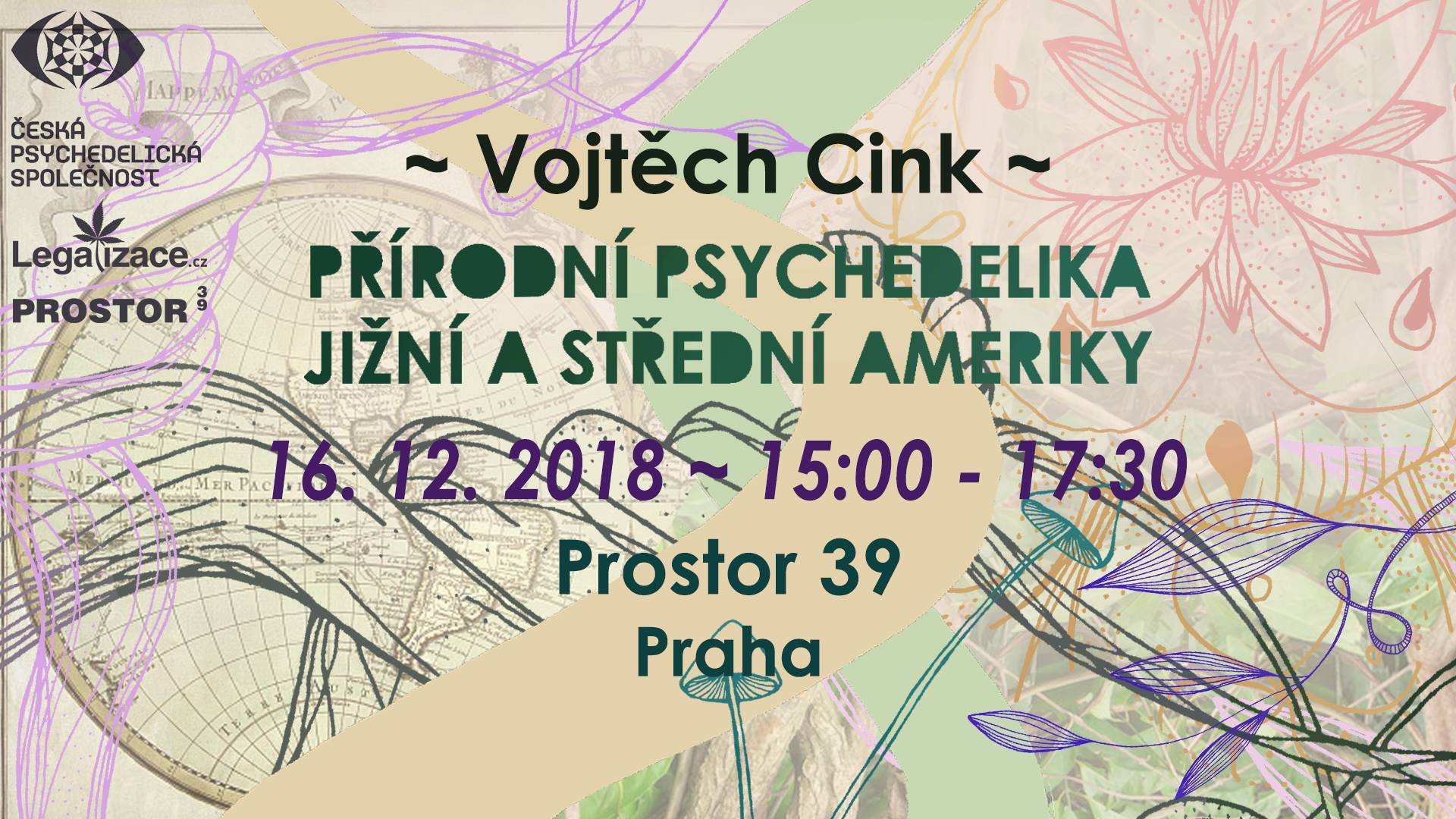
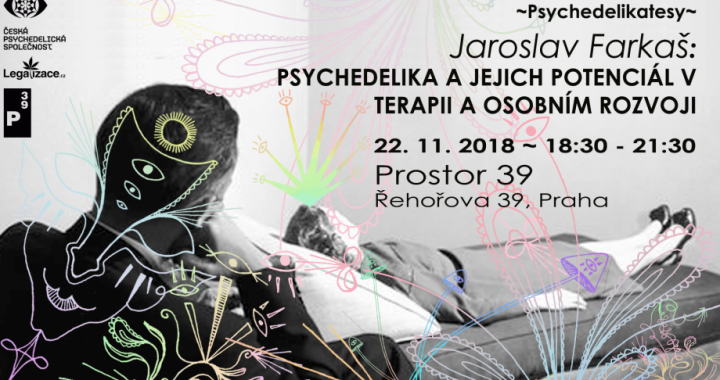
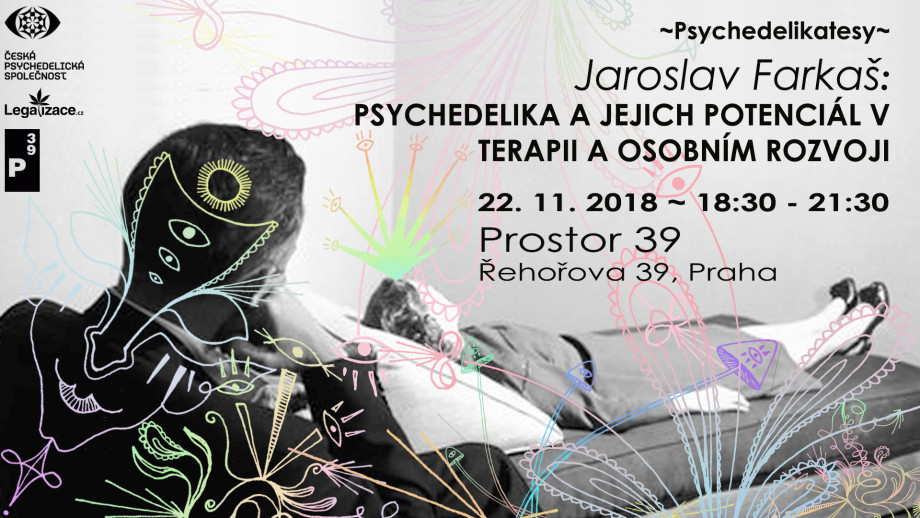
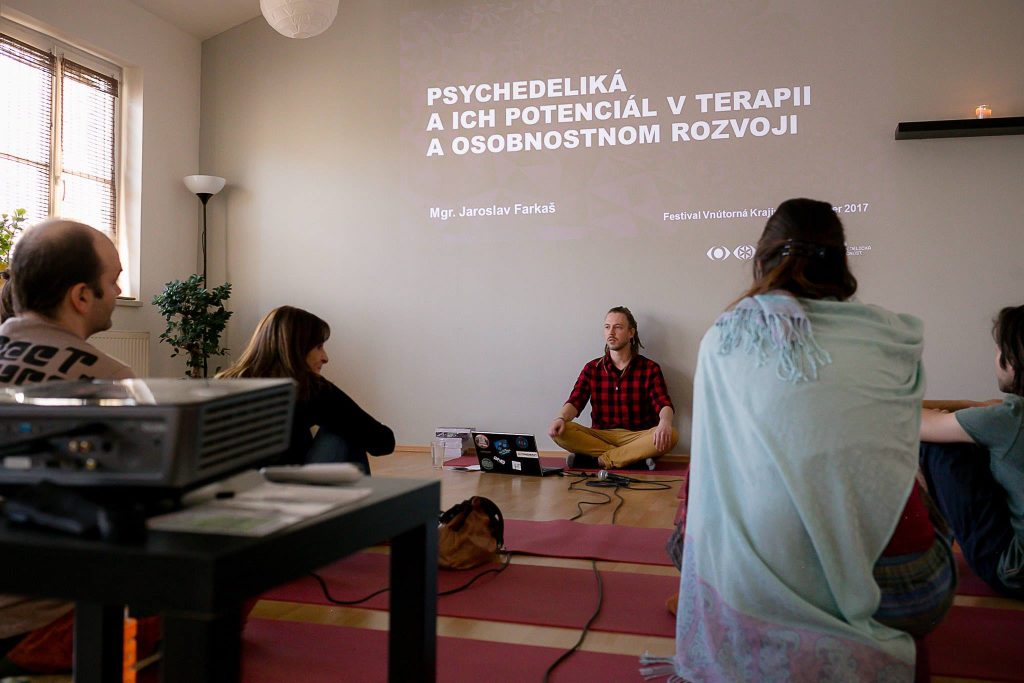

 English below
English below 